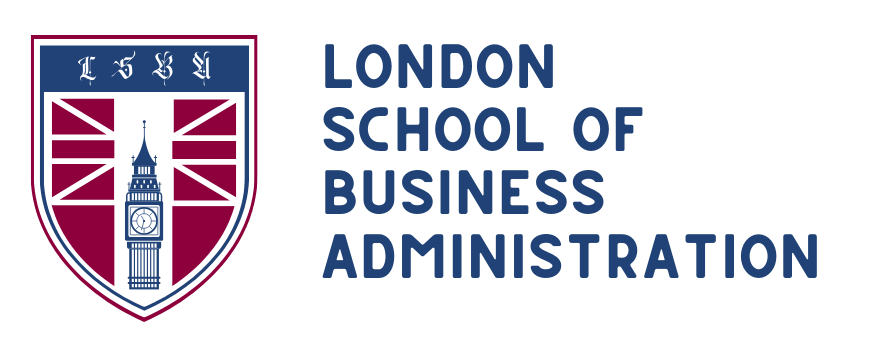Blog
The Complete Beginner’s Guide to Digital Marketing Strategies
In today’s technology-driven world, digital marketing is no longer optional—it is essential for business growth and brand success. Whether you are a start-up owner, a professional looking to expand your skills, or a manager responsible for reaching global audiences, understanding how to plan and execute effective digital marketing strategies is key to staying competitive.
This guide provides a step-by-step introduction to the core elements of digital marketing and explains how the Digital Marketing Programme at London School of Business Administration helps learners put these strategies into practice.
1. Understanding the Purpose of Digital Marketing
Digital marketing uses online channels and technologies to connect businesses with customers, build brand awareness, and drive sales. Unlike traditional marketing, it allows precise targeting, real-time analytics, and cost-effective campaigns that can be scaled globally.
Key benefits include:
- Reaching audiences across multiple digital platforms
- Tracking performance to refine campaigns quickly
- Personalising content to engage specific customer segments
By mastering these fundamentals, businesses can increase visibility and grow revenue efficiently.
2. Building a Strong Digital Marketing Strategy
A well-structured strategy is the foundation of success. Before running any campaign, it is important to:
- Define clear goals such as boosting sales, increasing brand awareness, or generating leads
- Identify target audiences through demographic and behavioural research
- Set key performance indicators (KPIs) to measure success
This planning stage ensures that every action—from advertising to content creation—supports business objectives and delivers measurable results.
3. Search Engine Optimisation (SEO)
SEO is at the heart of digital marketing. It ensures your website ranks high on search engines like Google, making it easier for customers to find you.
Essential SEO practices include:
- Conducting keyword research to match what customers are searching
- Optimising on-page content, titles, and meta descriptions
- Building backlinks to increase domain authority
Strong SEO drives organic traffic without relying on paid ads, building long-term visibility and trust.
4. Pay-Per-Click (PPC) Advertising
While SEO builds organic presence over time, PPC campaigns deliver immediate visibility and targeted traffic. Using platforms like Google Ads and social media advertising, businesses can:
- Target specific demographics and interests
- Control budgets with cost-per-click bidding
- Test different ad creatives and messaging quickly
PPC is especially powerful for product launches, seasonal promotions, and generating leads in competitive markets.
5. Content Marketing and Storytelling
Content is the voice of your brand. High-quality, relevant content not only attracts customers but also positions your business as a trusted authority.
Effective content marketing includes:
- Writing blog posts, guides, and thought-leadership articles
- Producing engaging videos, infographics, and podcasts
- Creating consistent brand stories across channels
By focusing on value and authenticity, businesses nurture customer relationships and improve SEO performance.
6. Social Media Marketing
Social media platforms are powerful tools for brand building and engagement. Platforms like Facebook, Instagram, LinkedIn, and TikTok allow businesses to:
- Share updates, promotions, and educational content
- Interact directly with customers through comments and messages
- Run paid campaigns that reach precisely targeted audiences
Consistency is key: a well-planned content calendar and clear brand voice help maintain visibility and community engagement.
7. Email Marketing and Marketing Automation
Despite the rise of social platforms, email remains one of the most effective digital marketing tools. With automation, businesses can:
- Send personalised messages based on customer behaviour
- Nurture leads through welcome sequences and follow-ups
- Promote offers to segmented mailing lists
Strong email marketing drives conversions and customer loyalty at minimal cost.
8. Data Analytics and Measurement
What sets digital marketing apart is the ability to measure performance in real time. Using analytics tools, marketers can track website visits, conversions, and customer journeys.
Core practices include:
- Setting up Google Analytics and conversion tracking
- Conducting A/B testing to optimise campaigns
- Using data to adjust strategies and improve ROI
Data-driven decisions ensure that every marketing pound delivers maximum value.
9. Integrating Channels for Maximum Impact
The best digital strategies combine multiple channels into a cohesive plan. For example:
- SEO attracts organic visitors who can then be retargeted through PPC ads
- Content marketing feeds social media posts and email campaigns
- Data analytics informs every stage, from targeting to conversion
This integrated approach creates a seamless customer experience and amplifies results.
10. Staying Ahead of Digital Trends
Digital marketing is constantly evolving, with innovations such as artificial intelligence (AI), voice search, and interactive content changing how brands connect with audiences.
To remain competitive, marketers must:
- Keep up with platform algorithm updates
- Experiment with new tools and formats
- Embrace continuous learning and professional development
LSBA’s Digital Marketing Programme provides lifetime access to updated course materials, ensuring learners stay ahead of industry changes.
Why Choose LSBA’s Digital Marketing Programme
The London School of Business Administration’s Digital Marketing Programme is designed for professionals and entrepreneurs at all levels—especially beginners seeking a solid foundation.
Key features include:
- Flexible, fully online learning, ideal for working professionals
- Real-world case studies and practical exercises to apply concepts immediately
- Comprehensive coverage of SEO, PPC, content marketing, social media, and analytics
Whether you are building your first campaign or refining existing skills, LSBA provides the knowledge and tools to create impactful digital marketing strategies from day one.
Conclusion
Digital marketing is the engine of modern business growth. By understanding SEO, PPC, content creation, social media, email marketing, and data analytics, even beginners can build strategies that reach global audiences and deliver measurable success.
The Digital Marketing Programme at the London School of Business Administration offers the ideal starting point, combining expert guidance with flexible online learning. With the right skills and strategic mindset, you can turn digital opportunities into lasting business results.


